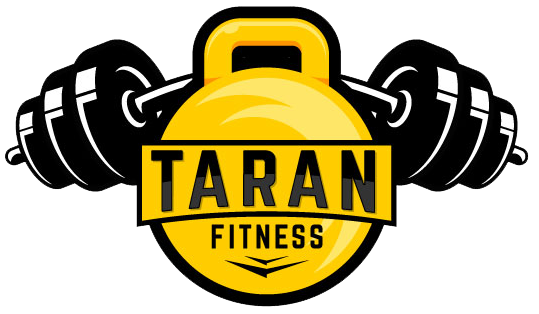The journey to shedding body fat can be filled with conflicting information and misconceptions. From fad diets to questionable fitness trends, it’s easy to get lost in a sea of myths and false promises. In this blog, we will dissect and debunk some of the most prevalent myths surrounding fat loss, helping you make informed choices on your path to a healthier and leaner you.
Myth 1: Spot Reduction Works
One of the most enduring myths is the idea that you can target fat loss in specific areas of your body through exercises that work those areas. For example, doing endless ab exercises to lose belly fat.
Reality: Spot reduction is a myth. When you lose weight, your body decides where it will shed fat, and it’s influenced by genetics and overall body composition. To reduce fat in a specific area, you need to lower your overall body fat percentage through a combination of diet and exercise.
Myth 2: Crash Diets Are Effective
Crash diets promise rapid weight loss by severely restricting calorie intake.
Reality: Crash diets are not only ineffective in the long run, but they can also be detrimental to your health. They often lead to muscle loss, slowed metabolism, and nutrient deficiencies. Sustainable, gradual weight loss through a balanced diet is healthier and more likely to be maintained.
Myth 3: Cardio Is the Only Way to Burn Fat
Cardiovascular exercise is commonly associated with fat burning, leading some to believe that it’s the only way to lose weight.
Reality: While cardio is beneficial for calorie burning and cardiovascular health, resistance training (lifting weights) is equally important for fat loss. Muscle burns more calories at rest than fat, so building lean muscle mass can increase your metabolism and aid in fat loss.
Myth 4: Fat-Free Diets Are Ideal
Avoiding all fats, including healthy ones like avocados and nuts, is believed to be the key to weight loss.
Reality: Healthy fats are essential for various bodily functions, including hormone production and the absorption of fat-soluble vitamins. A well-balanced diet should include these fats in moderation. Cutting out all fats can lead to nutrient deficiencies and an unsustainable diet.
Myth 5: Skipping Meals Leads to Fat Loss
Skipping meals, especially breakfast, is often seen as a way to reduce calorie intake and promote fat loss.
Reality: Skipping meals can actually slow down your metabolism and lead to overeating later in the day. It’s better to eat regular, balanced meals and snacks to maintain stable blood sugar levels and support your metabolism.
Myth 6: Fat-Burning Supplements Are Magic
Supplements and pills that claim to “burn fat” are popular in the fitness industry.
Reality: Most fat-burning supplements are not well-regulated and often lack scientific evidence. There is no magic pill for fat loss. Sustainable results come from a balanced diet, regular exercise, and a healthy lifestyle.
Myth 7: You Should Eat as Little as Possible
Some believe that eating as few calories as possible is the key to shedding body fat.
Reality: Severely restricting calorie intake can lead to muscle loss, a slower metabolism, and nutrient deficiencies. It’s important to find a calorie balance that supports your goals and provides essential nutrients for your body.
Conclusion
The path to shedding body fat is a journey that should be guided by science and common sense, not by myths and misconceptions. Debunking these common fat loss myths empowers you to make informed decisions about your diet and exercise routine. Remember that achieving and maintaining a healthy body composition is about balance, consistency, and a sustainable lifestyle that suits your individual needs and preferences.







Leave A Comment